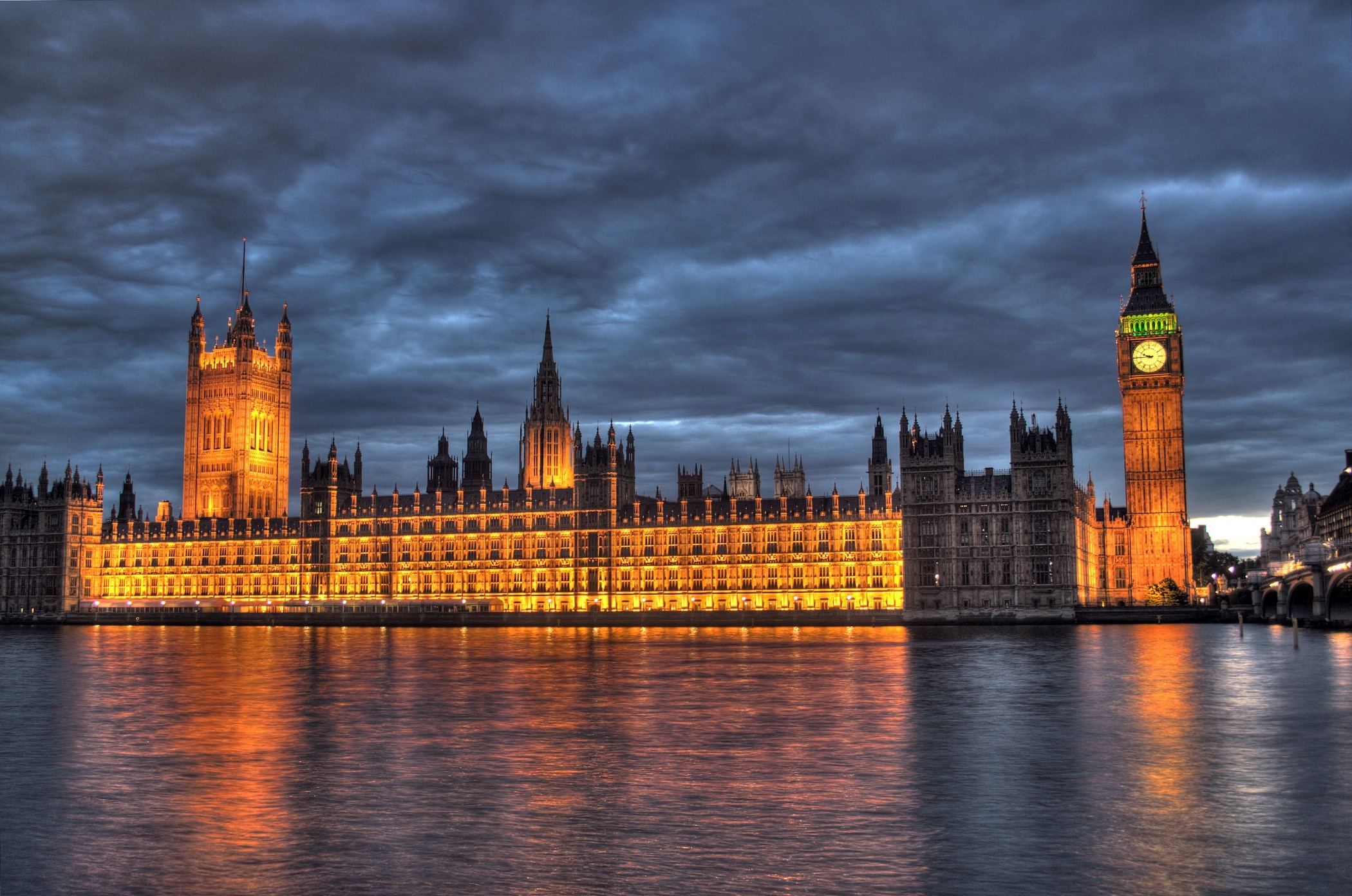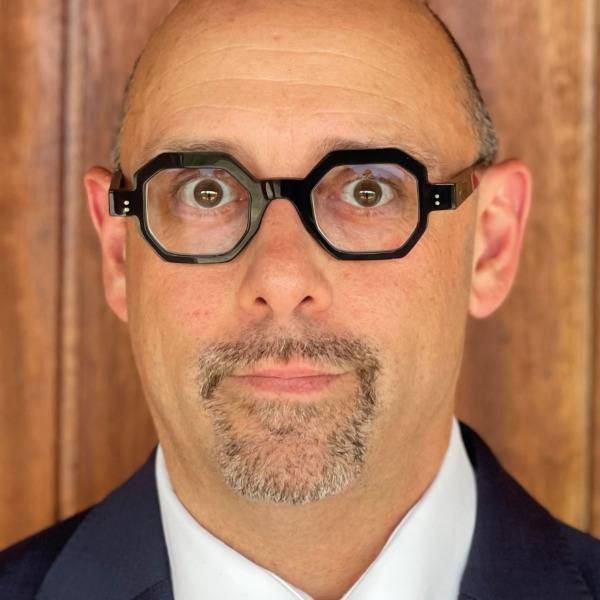
Anyone asked to identify the most serious political crisis in the United Kingdom today would be spoiled for choice. Candidates include the disruption of the supply chain, poverty set to worsen as the cost of living rises, astronomical waiting lists for hospital treatment, and increasing numbers of children who are falling behind in, or even falling out of, education. The predictable results of Brexit are starting to play out, with damage to fishing, farming and other industries, the threat of the return of the Troubles in Northern Ireland, and the possible breakup of the United Kingdom. And there are the consequences of the mismanagement of the pandemic and uncertainty about its future evolution.
But the most serious of all these serious problems is one that lies at the root of many of the others: it is a crisis in parliamentary democracy. At the heart of this crisis is an individual who happens to be the prime minister. Asserting that Boris Johnson is a liar is now regarded as a statement of the boringly obvious, like saying he has untidy hair. The Independent identified eight major lies in his October party conference speech. Presented with the truth – as he was in an interview with Andrew Marr, who challenged his claims over wage increases – he simply reiterates his lies with a trademark smirk.
There is only one place where it is unsafe to say this – the place where lying matters most, namely, the Houses of Parliament. When, last summer, Labour MP Dawn Butler highlighted the danger presented by Johnson’s mendacity, especially in a pandemic, she was asked to leave the House. In an article subsequently written with the ex-Speaker of the Commons John Bercow, she argued that the rule barring MPs from calling each other liars was “the product of a bygone age”.
The frightening fact is that that age is not so bygone. As recently as 2018, Esther McVey, then Work and Pensions Secretary, made an incorrect statement about Universal Credit. This was challenged by the National Audit Office. She was obliged to return to parliament to correct her statement and apologise for misleading the house. By contrast, Johnson’s eye-popping lie that there would be no paperwork associated with a border between Northern Ireland and the rest of the UK has passed without official rebuke, though the border and the associated paperwork have proven to be hugely disruptive.
The rot in the United Kingdom's body politic
In August, a petition to introduce legislation to make lying in parliament a criminal offence secured more than a 100,000 signatures. Having passed this threshold, the petition, backed by campaigner and lawyer Peter Stefanovic, is now being considered for debate in the Commons. Such a debate may prove unlikely, given the government’s response that “conduct in the Chamber is a matter for the Speaker”. But while debating the issue would surely cause embarrassment to the prime minister and his government, avoiding it altogether should also be a point of shame.
The body politic is rotting. The prime minister is of course not a solitary actor: he is supported by colleagues whose incompetence may be welcome as it makes his own less visible, as well as by the adoring rank-and-file members of his party. But so long as Johnson can lie with impunity, and continue doing so even when his lies have been called out – and so long as it is Johnson himself who is responsible for the enforcement of the ministerial code that regulates the behaviour of politicians – the rot will continue to spread from the top down.
Behind this threat is an assault on the very idea of truth. Among the most iniquitous enemies of truth are those academics who quote Nietzsche’s assertion that “there are no facts, only interpretations”. Such relativism is, of course, set aside when their interests are at stake and they check their pay slips.
Meanwhile, the standing of the UK as a moral force in a world facing an uncertain future is diminishing. What will COP26 delegates think as they are addressed by a man described as “the most accomplished liar in public life” by a leading figure in his own party – Rory Stewart, a junior minister in the Foreign Office when Johnson was foreign secretary? Of great concern is that a distrustful electorate with a dangerous indifference that says “I don’t know who to believe; they are all the same” may ease the passage from democracy to kleptocracy and tyranny.
We have yet to see whether the petition to criminalise lying in the Commons will be granted its debate. If such legislation were to pass, it would leave Johnson and others like him with little to say.
This article is from the New Humanist winter 2021 edition. Subscribe today.

